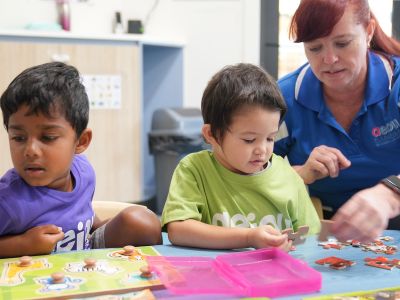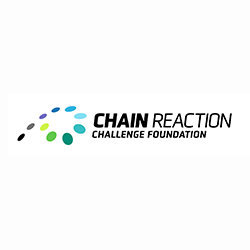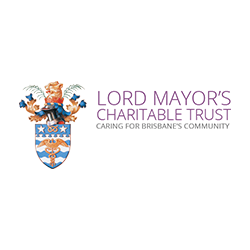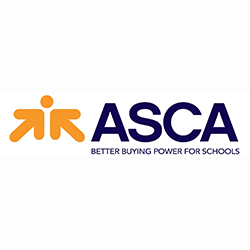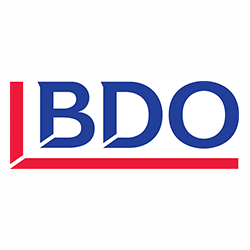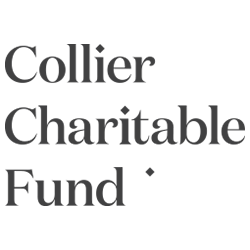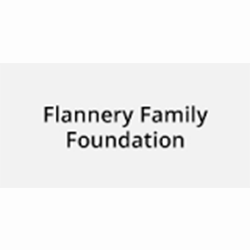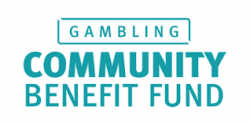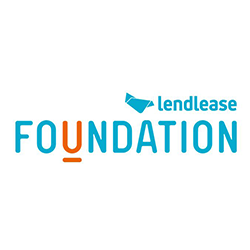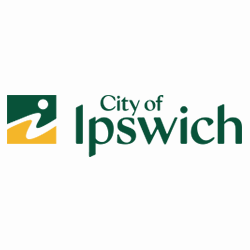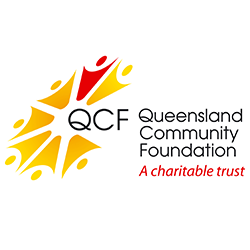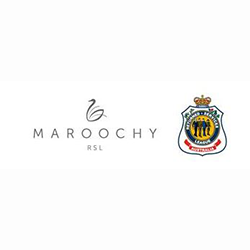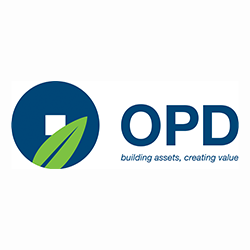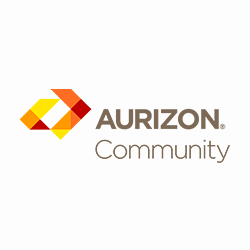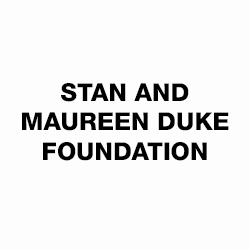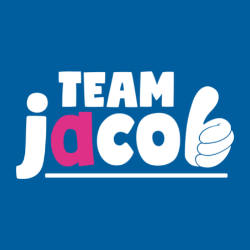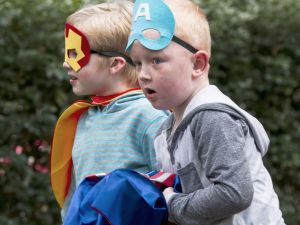
One of the diagnostic criteria for ASD is persistent deficits in social interaction across multiple contexts. Therefore, all early intervention providers should place a priority on teaching social skills. But, what are social skills? What social skills do you think are important? How can we develop a child’s social skills?
Often when parents talk about social skills, they consider social skills to be their child developing friendships and talking to peers. Some parents also consider social skills to be for their child to be able to regulate their emotions. These are all types of social skills but social skills also include other general social behaviour required to navigate the world we live in e.g. complying with instructions given by others, tolerating waiting and sharing, and more advanced skills such as following rules, politeness and manners, perspective taking skills etc. All these social skills are interlinked.
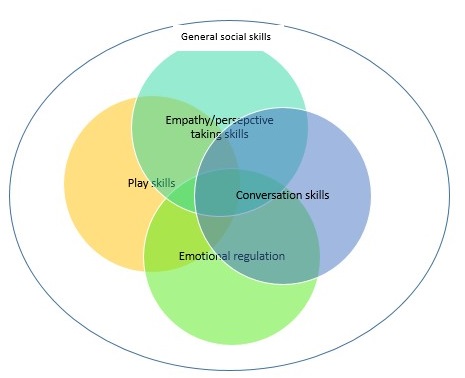
One of the major complications with teaching social skills is often a focus is placed on teaching social skills in line with a child’s chronological age as opposed to the developmental stage the child is at. When building a pyramid, each layer is constructed before building the next layer. Teaching social skills is like constructing a pyramid, skills at one developmental stage need to be taught before moving onto skills on the next developmental stage.
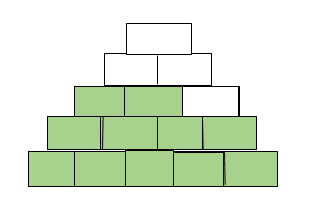
Missing foundation blocks will make it difficult to continue to adding additional layers to the pyramid. It will be become unstable like a Jenga tower. If no consideration is given to teaching skills based on the developmental stage a child is at, then it is more likely the child will not develop a fluent and flexible range of social skills.
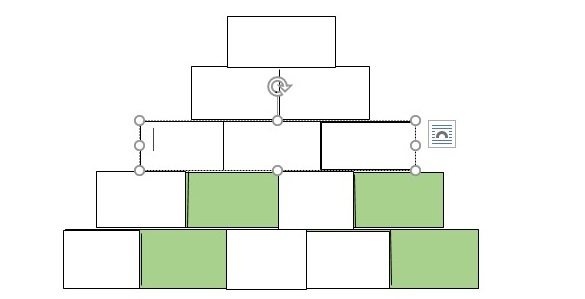
Example 1
John, was concerned with his four-year-old son’s social skills. John noticed that other four years olds chatted to each other as they played on the playground equipment but his son did not. John’s son had only recently began to talk. He can now ask for preferred things he wants using one-word sentences. He has also recently been able to copy three-to-four word sentences. John wants his son to be able to chat to other children. John’s son is accepted into an early intervention program and during his son’s Individual Planning meeting John states his priority goal is for his son to be able to chat to his peers. The team tells John this is a great long-term goal. The team then discusses with John what skills his son has and what skills his son would need to acquire in order for them to begin teaching him conversation skills. John understands it is important his son learns to look at the person when he requests, to be motivated by the attention of others, to spontaneously make comments to others (e.g. Look, aeroplane!),share experiences/enjoyment with others (shared attention) make requests to peers, to expand his vocabulary, to learn to answer simple questions etc.
Example 2
Mary’s son is four years old, however he is not yet playing with other children. At her son’s Individual Planning meeting, Mary discuses she would like the team to begin teaching her son to play with other children immediately. The team agree this is a great long-term goal. The team then discusses what skills her son has and what skills her son would need to acquire in order for his team to begin teaching him to play with her peers. The team outlines how typically developing children first learn to play with toys, engage in simple pretend play, then begin to engage in parallel play before developing the skills to play together. The team discusses how her son currently does not play with toys but explores them by placing them in his mouth. The team agrees a great starting goal would be to teach her son to play with simple toys. Mary is glad her team has discussed with her the skills that are important for her son to learn first and now understands the importance of teaching these skills first.
As these examples outline, it is often it can be difficult to identify what developmental stage your child is at. AEIOU Foundation will present a social skills workshop for parents and carers. It is a great opportunity for you to learn about the different developmental stages, to understand how social skills develop and are how they are interlinked. Find out when your centre is running the Developing Social Skills workshop here.
About Di Keating
_3.jpg)
Diane Keating is a Program Coordinator and Board Certified Behaviour Analyst (BCBA) at AEIOU Foundation. Di holds a Bachelor degree in Psychology (honours), with a Masters in Applied Behaviour Analysis. Before joining AEIOU in 2014, Di worked in centre and home based programs across Ireland, Kuwait and Australia, providing Early Intensive Behaviour Intervention (EIBI) services. The joy of teaching children life-changing skills has kept her in this industry for more than 10 years.

